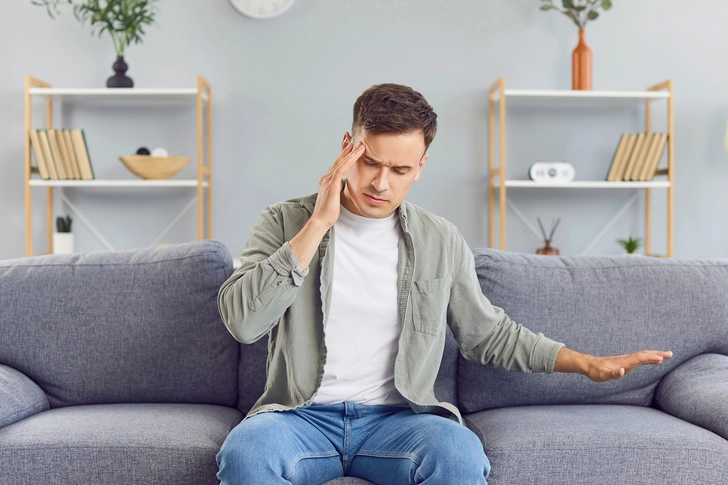- Overview
- Symptoms
- Causes & Risks
- Tests & Diagnosis
- Treatment
- Relapse
- Complications
- Living With
- Caregiving
- Appointment Prep
- View Full Guide
Schizophrenia Drugs and Potential Interactions


Antipsychotic Medications
Antipsychotic medications help keep your schizophrenia under control and prevent symptoms. But these medicines sometimes don't mix well with other drugs you take. They can also interact with herbal supplements and with some foods and drinks.

What to Look For
The result of interactions can be side effects, or even problems with your medicines not working as well as they should. Some interactions are mild. Others are more serious. Ask your doctor what signs to look for, and when to call.

Alcohol, Caffeine, and Nicotine
Antipsychotic medicines already cause drowsiness. Drinking alcohol with your medicine can make you extra sleepy. Caffeine also can lead to side effects. Smoking can decrease the levels of medicines for schizophrenia that are active in your blood.

Foods and Supplements
Grapefruit can dangerously raise blood levels of some antipsychotic medication. Herbal supplements like ginkgo biloba, ginseng, and kava also can cause serious interactions.

Symptoms of Interactions
Symptoms may include dizziness, muscle stiffness or spasms, seizures, excessive sleepiness, or an unsteady heartbeat. Call your doctor if you have any of these side effects.

Use Schizophrenia Drugs Safely
Every time you get a new prescription, go over your whole list of medicines with your doctor and pharmacist. Ask them to check that none of your prescriptions interact with each other. Tell your doctor about vitamins, supplements, and over-the-counter drugs you buy without a prescription.
Photo Credits:
1) Prostock-studio/Shutterstock
2) Natee Meepian/Shutterstock
3) shisu_ka/Shutterstock
4) Magic cinema/Shutterstock
5) Studio Romantic/Shutterstock
6) Yuri A/Shutterstock
Agins, Alan P. ADA Quick Guide to Drug-Supplement Interactions, 2011.
BioMed Research International: "Characterization of schizophrenia adverse interactions through a network approach and drug classification."
British Journal of Medical Practitioners: "Drug Interactions With Grapefruit Juice."
FDA: "Avoid Food-Drug Interactions," "Drug Interactions: What You Should Know,” “Selective Serotonin Reuptake Inhibitors (SSRIs) Information.”
African Journal of Traditional, Complementary and Alternative Medicines: "Patient counseling about herbal-drug interactions."
Mayo Clinic: "Schizophrenia: Treatment."
Mayo Clinic Proceedings: "Association between priapism and concurrent use of risperidone and ginkgo biloba."
Medicines and Healthcare products Regulatory Agency: "Antipsychotics learning module."
National Center for Complementary and Integrative Health: "Chasteberry."
Progress in Neurology and Psychology: "Identifying and reducing the risk of antipsychotic drug interactions."
Standard Process: "Potential herb-drug interactions for commonly used herbs."
Winterton, M. Pharmacology for the Primary Care Provider, 2013.
UpToDate.